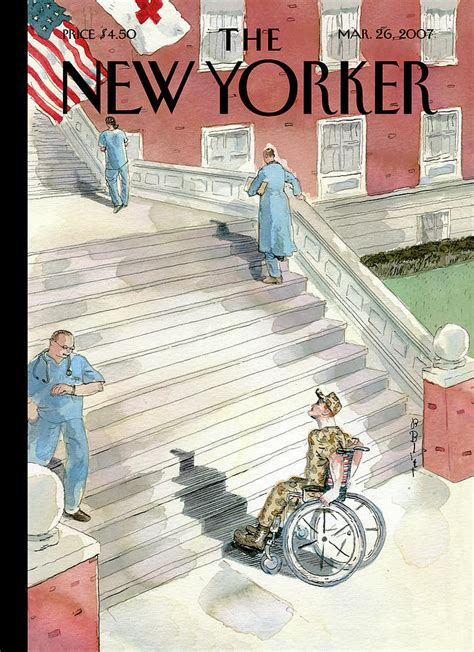A Quote by Robert Watson-Watt
The three most effective incentives to human action may be ... classified as creed, greed and dread. ... In examining the scientist it is perhaps worth while to examine how far he is moved by these three incentives. I think that, rather peculiarly and rather exceptionally, he is very little moved by dread. ... He is in fact essentially a person who has been taught he must be fearless in his dealing with facts.
Related Quotes
Urban America has been redlined. Government has not offered tax incentives for investment, as it has in a dozen foreign markets. Banks have redlined it. Industries have moved out, they've redlined it. Clearly, to break up the redlining process, there must be incentives to green-line with hedges against risk.
I think everybody's talking about like facts and truth and you know like that 'We're here to fact check' and all of that, that's the base material of journalism. You cannot have journalism without facts and truth. But if facts and truth were what actually you know sort of moved people's lives and moved their decision-making like the election would have had a different outcome.
There is a sense in which, like, it could be the case that the incentives of running for president and the incentives of getting maximum attention for yourself, sometimes align, and at a certain point, they stop aligning, and you just keep going with the incentives for maximum attention for yourself.
The vital consideration of incentives is almost systematically overlooked in the proposals of agitators for more and bigger government welfare schemes. We should all be concerned about the plight of the poor and unfortunate. But the hard two-part question that any plan for relieving poverty must answer is: How can we mitigate the penalties of failure and misfortune without undermining the incentives to effort and success.
































